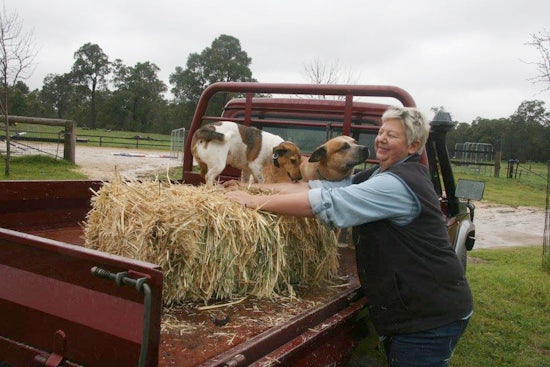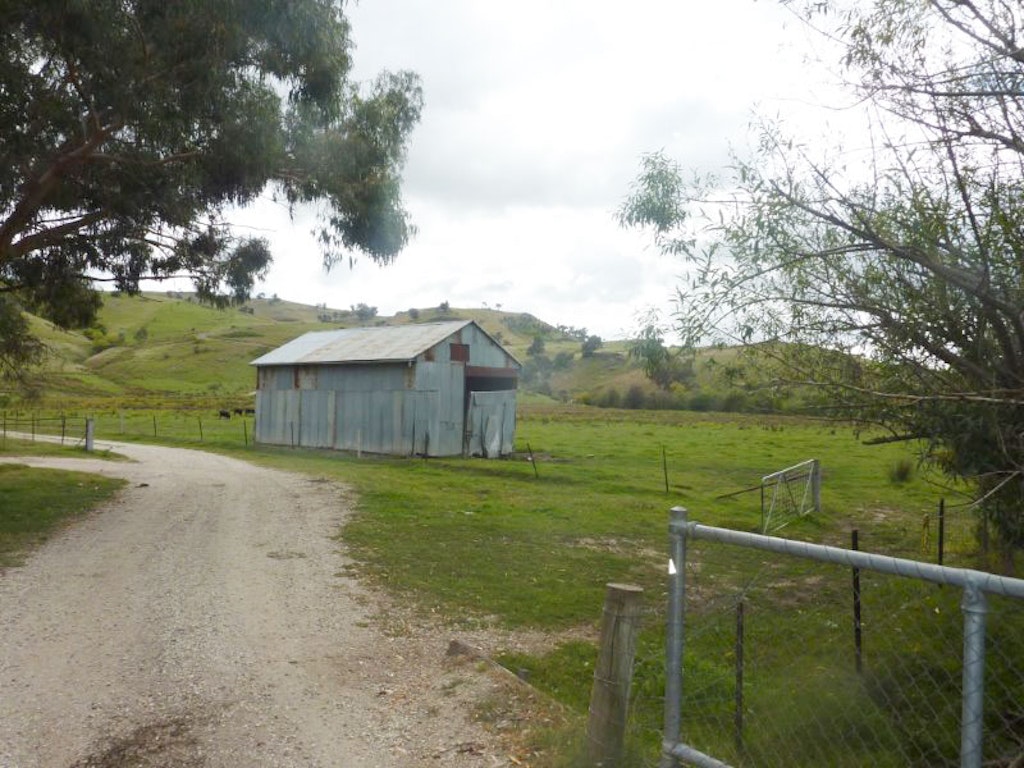An age old problem in rural areas – Part 1
While Consumer Directed Care claims to give the consumer choice of how to spend their money, the reality is, people living in rural areas do not have the same choices.

Costs and distance are an issue when it comes to providing home care services such as domestic or personal care says Country Mile Home Care Director of Care Services Ann Young
They are very much limited by what, if anything is on offer in their area and the distances care staff have to travel to provide the service.
And it’s not just home care; similar issues extend to other services for older people living in rural areas, such as access to dementia or Parkinsons’ support services, geriatricians, and respite and permanent residential care.
According to the Australian Bureau of Statistics, in 2011 40 percent of all Australians in the 70 to 74 year age group live outside Australia’s capital cities compared with 25 per ent of people aged 25-29. These statistics suggest there are still a high proportion of older people needing services in rural areas.
In this three-part series, we take a look at some of the issues people living in rural areas face when it comes to accessing aged care related services.
Access to home care and other services
Maria Berry, who lives near Wodonga, on the border of Victoria and New South Wales, says the demand already exceeds the choices. “There is a lack of choice; in our area there is one Geriatrician with a long waiting list for people wanting assessments and specialist advice prior to entering aged care,” she says. “What if you aren’t happy with the service?”
Dr Judith Anderson, Senior Lecturer, School of Nursing, Midwifery and Indigenous Health, Charles Sturt University highlights people are often driving 2 – 3 hours for specialist care. “The Government tried to get around it with Telehealth, but this isn’t always happening,” she says. Plus Telehealth faces issues such as unreliable, little or no internet in some areas and low levels of computer literacy among users.
Additional costs
Then there are the additional costs, both in time and money, associated with travelling to these appointments. Ms Berry points out there are often very few public transport options, taxis can get expensive and the carer may not necessarily be able to get the necessary time off for a day (or more) trip.
Furthermore, because some of the local services aren’t viable in rural areas, due to staffing levels or money, these services are closing. When funding shortfall for the only dementia officer in Orange, New South Wales was highlighted last year, people living with dementia feared they would have to rely on a national helpline to access specialised support and services.

Fortunately more money has been found to keep the position. However
Palliative Care Tasmania, an organisation delivering a range of programs
including educating carers, volunteers and the community about hospice,
palliative care and best practice standards across the whole of
Tasmania including smaller communities, is still waiting a funding
decision.
Costs and distance are an issue when it comes to providing home care
services such as domestic or personal care. Western Australia based Ann
Young, Director of Care Services, Country Mile Home Care, a small aged
care provider offering farm sitting with respite and transport services,
points out the general package model for home care is wrong for people
living remote areas. “The big providers can only really offer nursing
care in rural areas,” she says. “Carers can’t travel 200km for people to
have their half hour shower three times a week.”
And while some providers did offer day care, there was still the issue of getting the person to the day care centre.
Red tape
Ms Young believes another issue for people living in rural areas is
knowing where to find services and what to put into search engines when
looking for services online. “They may not be aware of what services are
on offer, so what to look for,” she says.
For unaccredited private providers services aren’t listed on the government website either.
Accreditation is a costly and long drawn out process, and while Ms
Young appreciates the need for providers of all types of services for
older people to be properly screened to prevent cowboy operators and
protect the vulnerable, she does believe some red tape can be cut and
there needs to be a balance.
She feels bureaucracy is preventing innovation which could provide a variety of aged care related services to the rural sector.
“I heard of a person interested in starting a mobile day centre for
rural regions, however the person concerned felt the red tape to get
accreditation would be too hard,” says Ms Young. “I get people phoning
me about services they’d like to start, but the red tape puts them off.”























